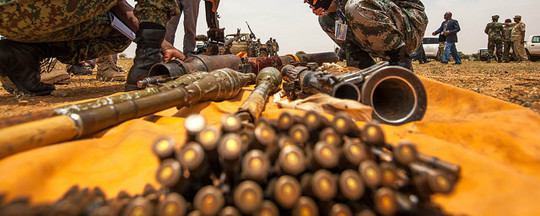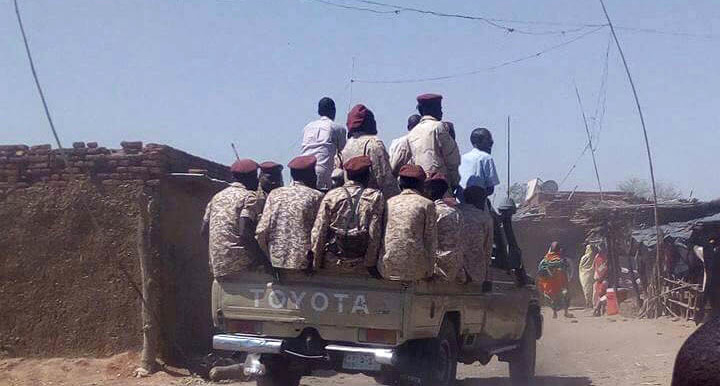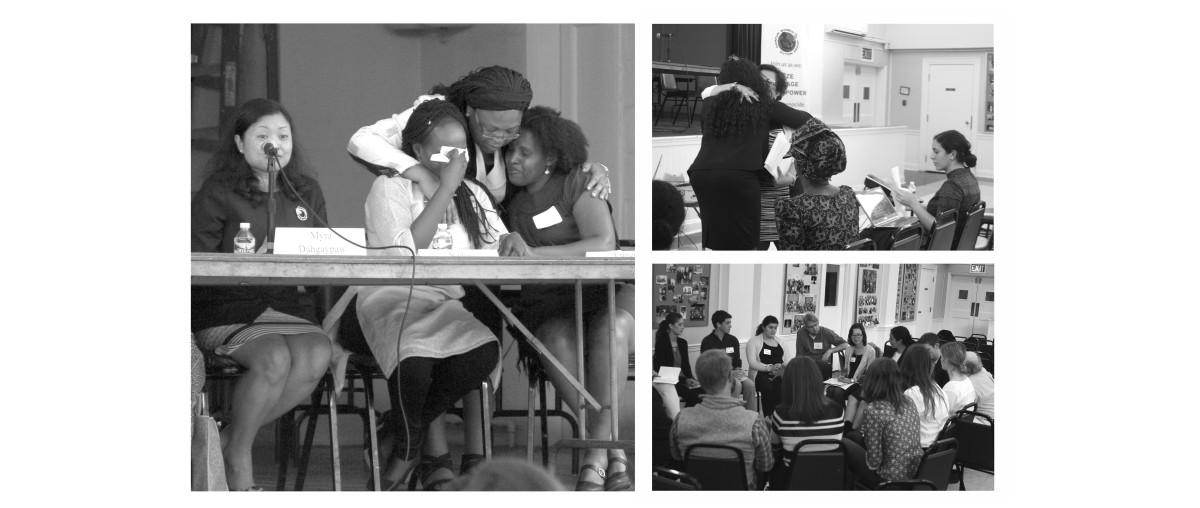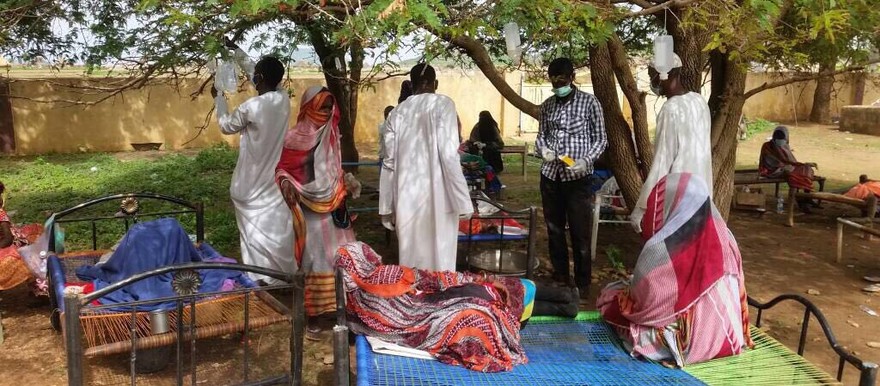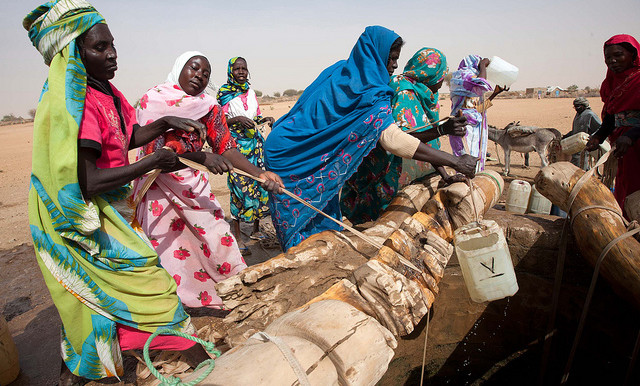“UNAMID Peacekeepers Collaborate with Sudanese Government and IDPs to Collect Illegal Arms”
Marquale Royster, Policy Associate
It has been fourteen years since violence first commenced in Darfur. As of late, the Sudanese government has been putting on
a façade in order to convince world leaders that violence in Darfur has greatly reduced. As a result, the United States lifted
economic sanctions against Sudan due to the belief that violence has ceased. However, there continues to be acts of violence
committed against refugees and persons in Internally Displaced Persons(IDP) camps.
Two months ago, Sudanese President al-Bashir made an unprompted and undesired visit to the Kalma Camp in South Darfur,
ahead of the anticipated US decision to lift sanctions on Sudan. His visit made the abuse of the government even more visible
as IDPs were forced to accept his unwanted presence. Many of the IDPs attempted to organize a peaceful protest, but
government forces attacked this demonstration. As a result, three people were killed, and tens were wounded during
protests. During his visits to the South Darfur camps, President Bashir pushed his desire to collect illegal arms in Internally
Displaced Camps in aims to cease violence.
On the outside looking in, the Illegal Arms Collection Campaign seems like an idyllic way to ensure peace. However, the
citizens of Sudan and particularly Darfur have been dealing with the longstanding plight at the hands of the very government
UNAMID is now shamelessly collaborating with. One would ask is this really a genuine concern about violence from a man
who has expended the lives of civilians to remain in power. This so-called arms collection propaganda is another strategy used
by the government to legitimize its long-intended attempt to dismantle the camps. The main cause of violence in Darfur is not
from the helpless displaced people but a destructive government which has already decimated the lives of hundreds of
thousands of civilians.
The fact of the matter is that the Rapid Support Forces are currently being used to implement the collection of arms. They
themselves are notorious criminals who have been committing atrocities throughout Darfur for years. This process only
legitimizes what they have been doing and provides them with a coverup.
Largely, this campaign would put the members of these IDPs camps in more danger and subject them to harassment and
intimidation by the government. The government has already established its violent intimidation on citizens for more than
over a decade. This collection of arms campaign will only give the government an opportunity to abuse its power against those
who reside in the camps.
It’s shocking and dismaying to hear that UNAMID could collaborate with the regime and enable them to further oppress the
innocent civilians under the banner of arms collection which has no basis.
It’s imperative that the international community and the United Nationals Security Council observes what is taking place in
Sudan to avert another catastrophe. The collections of arms campaign will not effectively cease violence if the military forces
such as the Rapid Support Forces are still armed. The international community needs to accept its responsibility by using the
appropriate disarmament mechanism which can be conducted and monitor this very closely by a neutral party that has
neither committed crimes nor has interest in manipulating the situation to its favor. We are all yearning for the day that will
bring a lasting peace to Darfur and Sudan at large. The international community must not assume peace in Darfur can be
brought through the power of the perpetrator but through an effective approach that will grant the people of Darfur peace
with justice.
